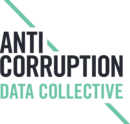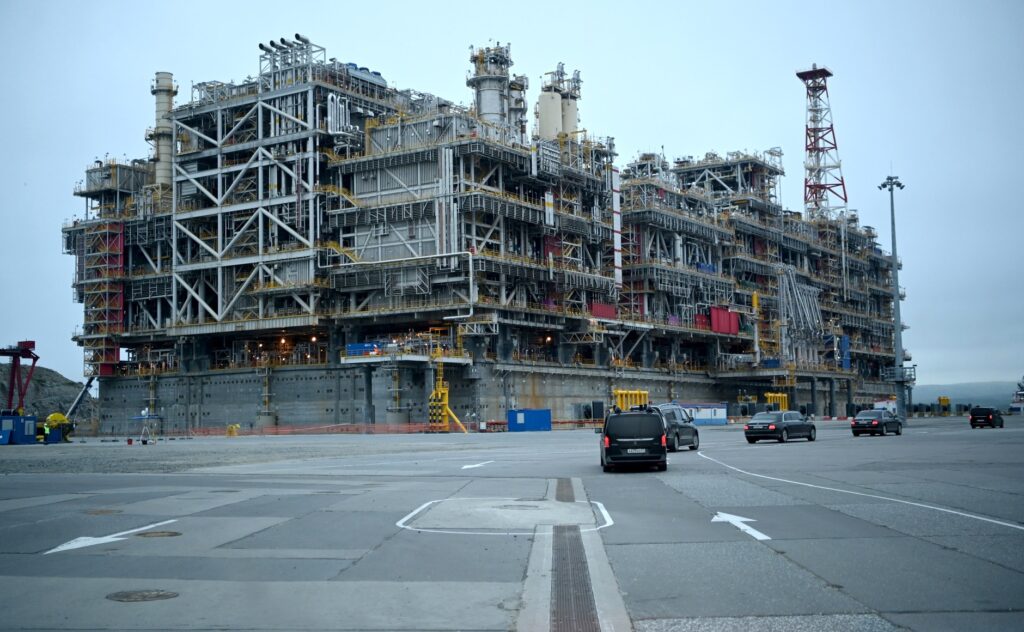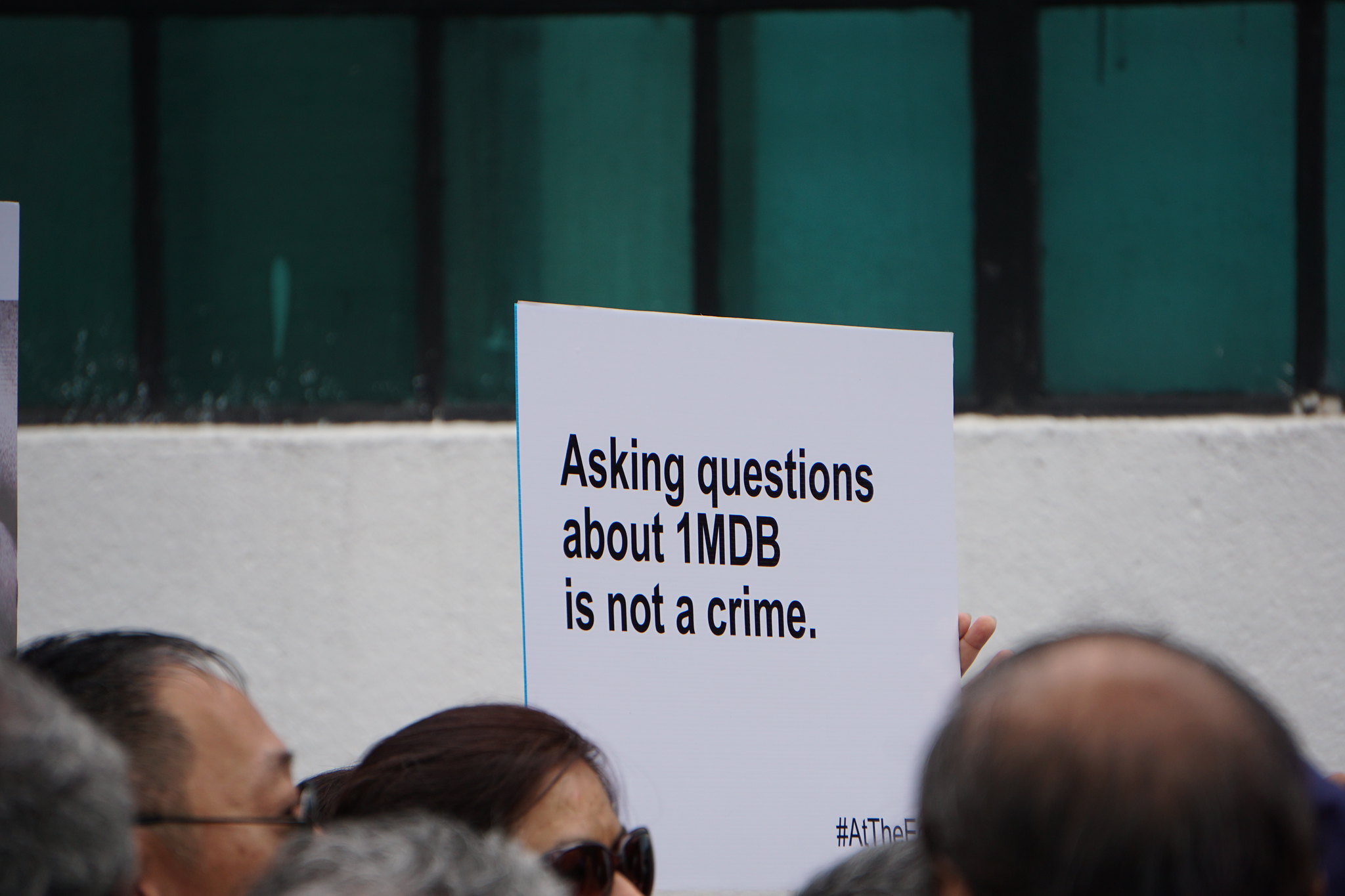Carbon bomb defused?

On January 10, Ukrainian media published an overview of the impact of US sanctions on Arctic LNG 2, a massive liquefied natural gas (LNG) project being built by Novatek, a private Russian energy firm, in the far north of Siberia.
The gas extraction, liquefaction and shipping facility aims to export 19.8 million tons of LNG each year, further opening the Arctic for mining and shipping even as burning fossil fuels creates enormous risks for the region.
As our investigations published in October revealed, Western companies’ involvement in Arctic LNG 2 played a critical role in ensuring that President Putin could personally launch the first production line of the facility in July 2023.
Le Monde reported that, after taking a €7 billion contract to manage construction of Arctic LNG 2, French engineering services Technip S.A sent hundreds of deliveries to its construction site during the implementation period before new EU restrictions on exports of strategic goods to Russia took force in May 2022. It also made deliveries months after the sanctions took effect, but insists that these were not of goods covered by the restrictions.
Working with investigative journalists from Paper Trail Media, Der Spiegel, Der Standard and ZDF reported that German-founded, Irish-based engineering firm Linde PLC also continued shipping to Arctic LNG 2 in the window between the sanctions being announced and coming into force. Customs records show the last delivery from Linde arriving on June 1, 2022 – five days after the sanctions deadline. Linde says it complied with all sanctions and made its shipments within the legal period.
These linked investigations were based on data and analysis provided by ACDC member Data Desk, as part of a project coordinated by ACDC and supported by IJ4EU.
Russian customs records analyzed by Data Desk suggest that the main Russian trading company for Arctic LNG 2 imported more than $400-million worth of equipment that originated in Europe since the full-scale invasion of Ukraine began in February 2022.
Writing in Foreign Policy, ACDC co-founder Zoe Reiter explained that completing even part of a project reliant on technology, finance and expertise from overseas in the midst of the war of aggression against Ukraine was an economic and strategic victory for Putin’s corrupt regime:
“As soon as 2024 [Arctic LNG 2] is expected to generate revenue for Putin and his cronies, helping Russia wage war against its neighbors, interfere in democracies, and expand its influence around the world…
Had EU sanctions on LNG technology come into force sooner, or had Western companies been forced to abandon their contracts immediately, it is unthinkable that the first part of Russia’s project would be about to come online.”
The immediate impact of the investigations was dramatic.
The national anti-corruption agency of Ukraine joined civil society organizations in calling for tough targeted sanctions against the companies involved in expanding Russia’s lucrative and strategic fossil fuels exports. Markets, too, reacted furiously to the suggestion that Technip may have risked breaching sanctions. The company’s share price dropped 22 per cent.
But the impact did not end there.
Already in September, the US had imposed sanctions on companies and tankers involved in the project and bringing its gas to foreign markets. New sanctions imposed in the wake of our investigations went further, directly targeting the company operating it: LLC Arctic LNG 2, a joint venture with investments from TotalEnergies of France, CNPC and CNOOC from China, and Mitsui and JOGMEC from Japan. In December, two Russian companies linked to Linde also became the target of US sanctions.
The future of the project now appears to hang in the balance.
Writing in Euromaidan Press, a spokesperson for Ukrainian environmental NGO Razom We Stand says that the project’s international investors, having previously stated that they were evaluating their positions, have now suspended their participation, declaring force majeure. Korean technology and manufacturing giant Samsung has reportedly stopped building new ice-class LNG tankers for the project, due to the new wave of sanctions.
Meanwhile in the UK, the government announced the new Office for Trade Sanctions Implementation. Previous investigations into UK-based companies and facilities shipping materials to Arctic LNG 2 seem to have formed part of the evidence base that spurred that action.
Ukrainian civil society organizations and their allies are determined to reduce Russia’s economic ability to wage war. That means closing off precisely the kind of strategic and financial opportunities a project like Arctic LNG 2 represents. If Western companies accelerate their exits from Russia and Russian projects, it will further reduce the funds available for the Russian military aggression which has so drastically undermined the security and economy of Europe. If, as now appears possible, the second and third production lines for Arctic LNG 2 do not go ahead or are significantly delayed, it will mean around 13 million tons of Russian LNG off the market each year.
Yet continued vigilance is needed. With the project now under sanctions, it will be crucial for investigators to keep track of the relatively few LNG transport ships capable of traversing the Arctic for signs that they are the onboarding cargo from Arctic LNG 2. And, with Russia looking to countries like China for replacement components, it is vital to ensure that Western companies are not secretly involved in such deals.
As the Euromaidan Press article states:
“The sanctions resulted from collaborative efforts by Ukrainian, American, and European politicians, diplomats, civil society, and journalists.
This highlights the importance of coordinated action to counter Russian aggression and interference in Europe, though identifying all nodes in complex sanctions evasion networks remains an ongoing challenge requiring meticulous attention.”





